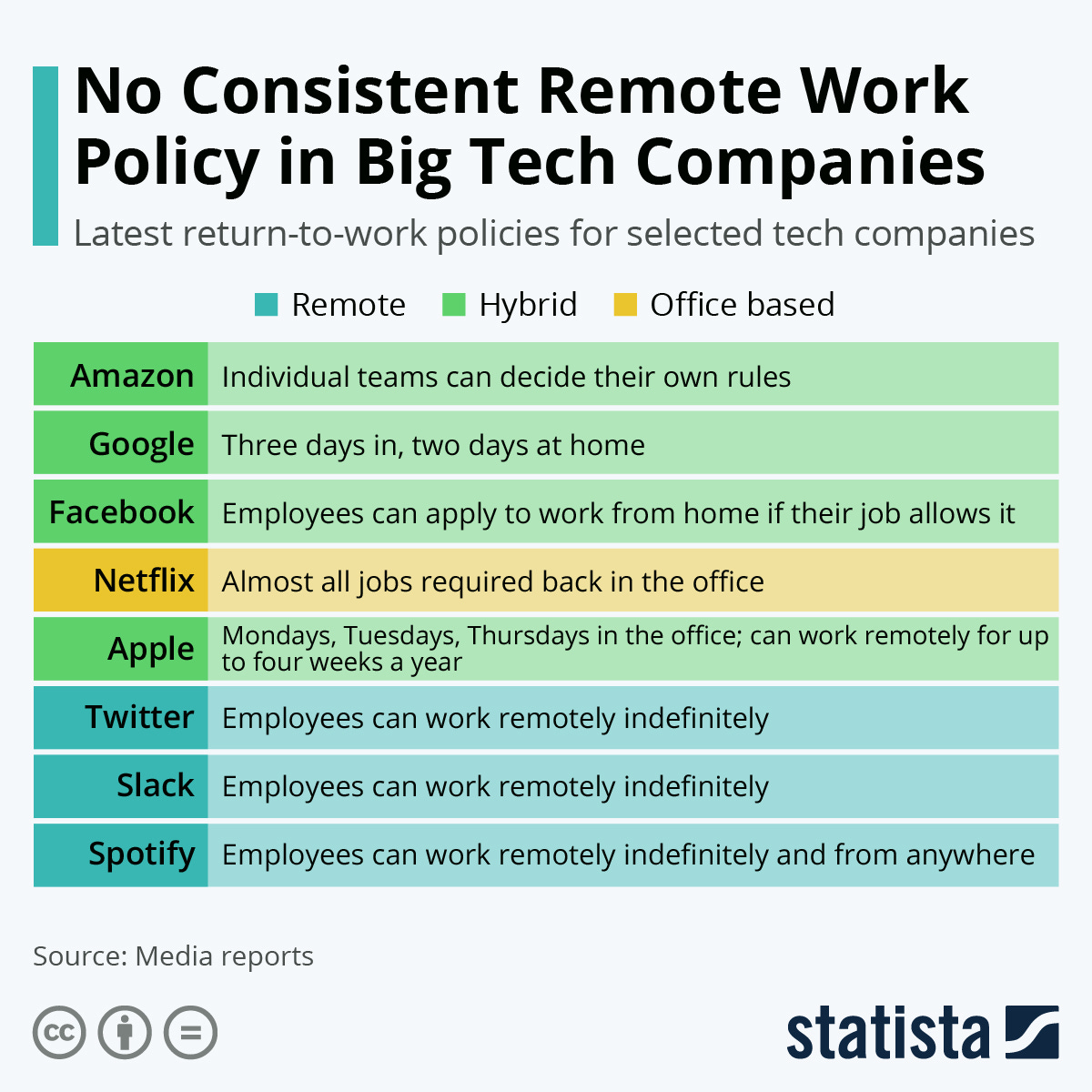I See My Blindness Now
Can we sidestep the myths, biases, and cultural traps blocking innovation?
Quote of the Moment
We can be blind to the obvious, and we are also blind to our blindness.
| Daniel Kahneman, Thinking, Fast and Slow
Short Takes
Who Doesn’t Love A Good Debunking?
In Reversals in psychology, Argmin Gravitas provides a catalog of debunked science, like implicit bias testing, power poses, mindfulness, ego depletion, multiple intelligences, 10,000 hour effect, nudges, etc.
A Little Inside Baseball, But…
Jessica Toonkel and Keach Hagey report on a shake-up at Facebook that will lead to reduced resources for the newsletter effort called Bulletin and the company’s News tab.
Bulletin, which Facebook unveiled in June 2021, is a subscription platform meant to compete with Substack. It is aimed at supporting independent writers.
[senior executive Campbell Brown] added, “For a lot of us—this was a labor of love and I know it’s hard to see these products put on the backburner. These are products that have delivered tremendous value for our partners and our users.”
So Bulletin is now 'on the backburner’, which means... what, exactly?
Facebook unveiled Bulletin last year, looking to capitalize on the newsletter boom with a platform that let journalists and other independent writers keep all of their subscription revenue. At the beginning, Facebook offered multiyear licensing deals to give writers time to build up their subscriber bases, launching with high-profile names such as former CNN correspondent Jessica Yellin, sports broadcaster Erin Andrews and author Malcolm Gladwell.
Reading between the lines, Facebook will now let some or all of those deals lapse, I guess.
So, Ev Williams steps down at Medium, and now Facebook’s Bulletin is ‘on the backburner’. It seems like the tectonic disruption of the media landscape continues, and newslettering is an area of intense activity, although Facebook seems to be stepping back, and who knows what Medium is up.
A Chart
Statista had scanned the news and found there is no consistent remote work policy in big tech companies:
Emergent Discovery, or Applying Evolution To Innovation
Noubar Afeyan and Gary P. Pisano have done us all a great service in describing in detail the techniques and philosophy behind the breakthroughs that Flagship Pioneering — the ‘venture-creation’ firm behind Moderna and 100 other life-sciences businesses — has created in applying Darwinian selection and variation to innovation. This technique is Emergent Discovery:
Its [Flagship Pioneering’s] process, called emergent discovery, is a rigorous set of activities including prospecting for ideas in novel spaces; developing speculative conjectures; and relentlessly questioning hypotheses.
[…]
Emergent discovery starts with prospecting for potentially important ideas in relatively novel scientific, technological, or market spaces with the goal of generating speculative conjectures, or “what if” questions. These serve as the starting point for an intensive Darwinian-style selection process to find and validate better ideas, soliciting critical feedback from outsiders to identify challenges and evolving the concept into a superior and practical solution. Emergent discovery requires a culture in which people, particularly leaders, in an organization are comfortable broaching seemingly infeasible ideas and challenging dogma—a culture that views “flawed” ideas not as dead ends but as building blocks and considers the evolution of ideas to be a collectively shared responsibility.
The authors call immediate attention to what I am sure is the largest impediment to other companies adopting this technique: a culture that sets aside the traditional thinking about innovation and instead of trying to ‘fail fast’ treats experimental results as building blocks for future experimentation in a process of iterative exploration.
As they characterize it, today’s norm is short-sighted:
In striving for breakthrough innovation, the predominant strategy today is the “shots on goal” approach—the antithesis of emergent discovery. It entails funding a large portfolio of projects in the hope that the profits from the rare success will more than pay for the cost of the numerous failures. If you invest in enough projects, the theory goes, by the laws of probability (sheer luck) you eventually will “score.” This strategy is common in the life sciences, the tech sector, consumer packaged goods, entertainment, and venture capital. A key element of the approach is strict reviews that can kill what appear to be weak projects quickly. At first glance, that all seems reasonable. Modern financial portfolio theory and practice highlight the benefits of diversifying risks, and a system of strict reviews to ensure that you don’t throw good money after bad would appear to be prudent resource management.
[…]
But the shots-on-goal approach ignores the fact that breakthrough concepts are usually riddled with flaws at the outset.
They mention the iPhone, whose predecessors — like the Newton — mostly failed.
And regarding the Moderna work on the mRNA vaccine for Covid,
There was no “aha” moment when the mRNA breakthrough happened. The Moderna platform was built on a constellation of technologies, methods, and know-how that evolved over time.
What are the different cultural dynamics in an organization applying emergent discovery?
Keep reading with a 7-day free trial
Subscribe to Work Futures to keep reading this post and get 7 days of free access to the full post archives.




